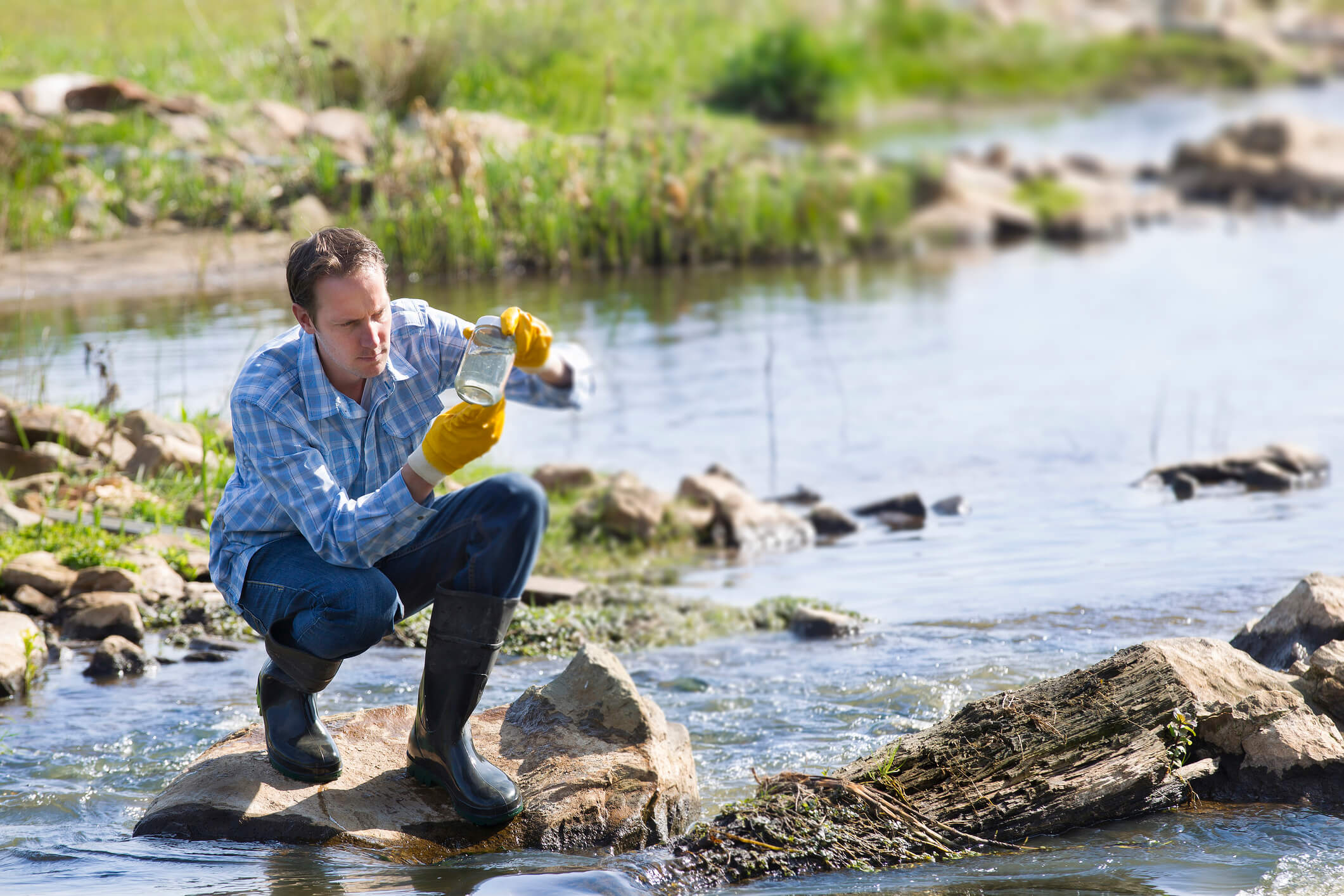Chemical oceanography
Overall Course Objectives
The aim of this course is to provide students with an introduction to aspects of marine chemistry that are relevant for non-chemists. This includes an understanding of the major constituents of seawater, dissolved gasses and the marine biogeochemical cycles of carbon, oxygen, nitrogen, phosphorous and silicate. The course also covers trace metal distributions and their ecological significance, and the use of radioisotopes as tracers of oceanographic processes and for dating purposes. In addition, students will learn to sample seawater and measure a range of dissolved constituents in the laboratory. The course provides students with knowledge necessary to contribute to aspects of UN Sustainable Development Goals 13-Climate Action and 14-Life below water, by covering the mechanisms behind ocean acidification and eutrophication.
Learning Objectives
- List the major constituents of seawater and explain their spatial and temporal distributions in the oceans with respect to major sources, turnover times and sinks.
- Calculate the solubility of gasses in seawater, derive rates of air-sea exchange and identify the processes influencing gas exchange.
- Summarize the oceanographic conditions that control the production of organic matter and its oxic and anoxic mineralization in the oceans, and the subsequent impact on carbon and nutrient speciation and distribution.
- Describe the major components of the marine carbon, nitrogen, phosphorus and silicate cycles and how they have been modified in modern times.
- Recognize and communicate how eutrophication influences water quality with focus on oxygen depletion and nutrient biogeochemistry.
- Classify the behaviour of trace metals in the ocean linking them to their sources and potential ecological role.
- Describe the use of stable and radioisotopes as tracers of ocean processes (circulation, gas exchange, biological uptake and time).
- Analyse the concepts taught by plotting ocean properties from contemporary global datasets.
- Perform sampling and analysis of seawater constituents from field sampling and a laboratory experiment and interpret the results in light of mixing and biogeochemistry.
- Develop a lecture on a selected topic of the course syllabus.
Course Content
Major and minor constituents of seawater.
Gas solubility and exchange with atmosphere.
Stoichiometry of marine organic matter production and mineralisation.
Global biogeochemical cycle of carbon, nitrogen and phosphorous.
Chemical constituents as indicators of water mass mixing.
Coastal eutrophication.
Plotting global distributions of constituents and performing analyses on samples collected from field and experiment.
Teaching Method
Lectures,
Field sampling
Laboratory experiment and analysis.
Exercises.
Faculty
Remarks
This course provides students with competences relevant to UN SDGs, particularly #14 (Life below water)



